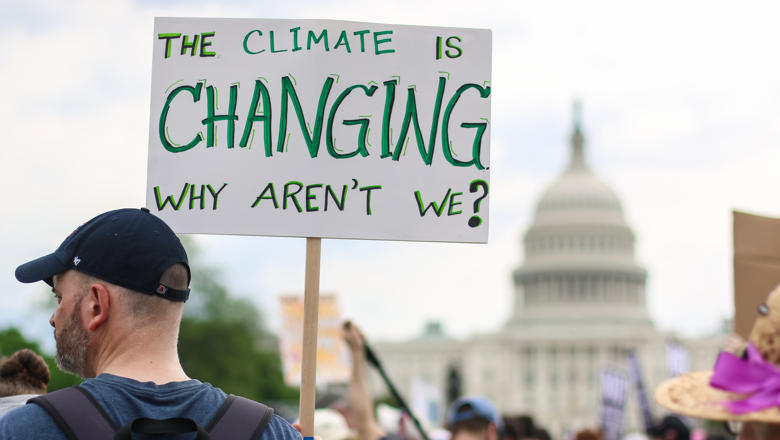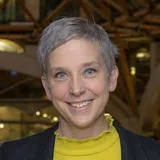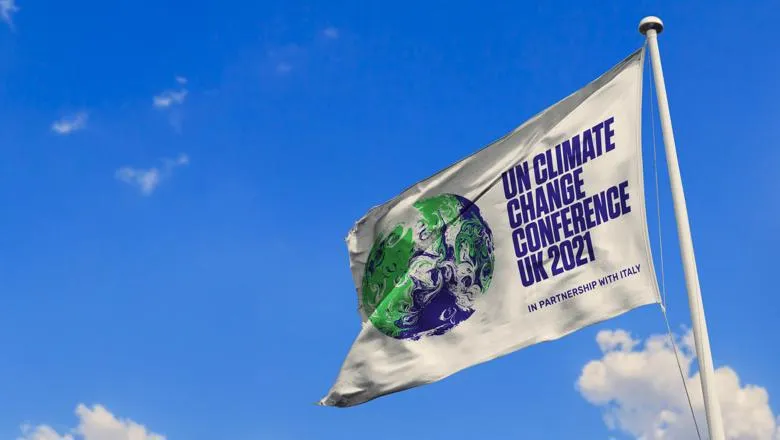The report by the Intergovernmental Panel on Climate Change (IPCC) is the most up-to-date assessment of how global warming will change the world.
Warming since the pre-industrial period is already at 1.1 degrees Celsius and the report states that even with very low levels of future greenhouse gas emissions, we can expect to reach or exceed 1.5 degrees Celsius of warming over the next twenty years.
It found that global warming could see the Artic experience a sea-ice free summer at least once before 2050 and global sea level rise up half a metre or more by 2100. Added to this, the annual precipitation would increase up to 5% and heatwaves, flooding, droughts and tropical cyclones would become more frequent and intense.
The assessment, however, shows that with immediate, rapid and large-scale reductions in greenhouse gases, we can still limit warming to 1.5 degrees Celsius. If we don’t make the policies and pledges we already have in place more ambitious, and enact them, than we won’t meet that target.
This includes the ambitions set out in the 2015 Paris Agreement, which are due to be reviewed in three months’ time at the 26th UN Climate Change Conference of the Parties (COP26) in Glasgow.
This latest IPCC assessment report was published by Working Group I, which looks at the science around climate change and has clear implications to be addressed at the upcoming COP26.
Dr Edwards, a member of Working Group I, is one of the lead authors amongst the 234 climate experts who worked on the report. Her expertise covers ice sheets and sea-level rise, and for the assessment, she looked at the range of possibilities for the future of the ice sheet and its contribution to sea-level rise.
Overall, the group looked at 14,000 scientific studies over the past three years to assess the different scenarios of emissions and what that would mean for climate change.
Dr Helen Adams and Professor Mark Pelling, also from the Department of Geography, are members of the IPCC’s Working Group II, which looks at the impacts, adaptation and vulnerability associated with global warming.
“For my own work with the IPCC and academic research on climate change adaptation in cities, this latest report has some clear implications,” says Professor Pelling.
“Cities, in the UK and globally are already stretched and in many cases failing to manage these risks and the supply chain consequences of drought for food and water security.
“Investments made by the UK government can be a huge and immediate opportunity to design mitigation and adaptation into cities. The technology exists to do this […] COVID-19 has shown there is will to find resources when we are faced with national threat.”
The IPCC’s Sixth Assessment Report will be published in full in 2022. It will include the Working Group II section, as well as Working Group III's assessment of methods for reducing greenhouse gas emissions.
King’s will be hosting a series of initiatives in the lead up to COP26, covering its impact and what needs to be achieved if the world is to avoid the worst effects of climate change.





